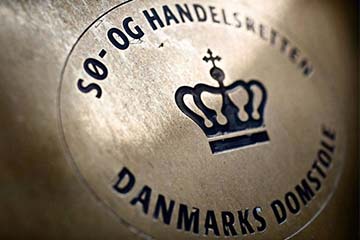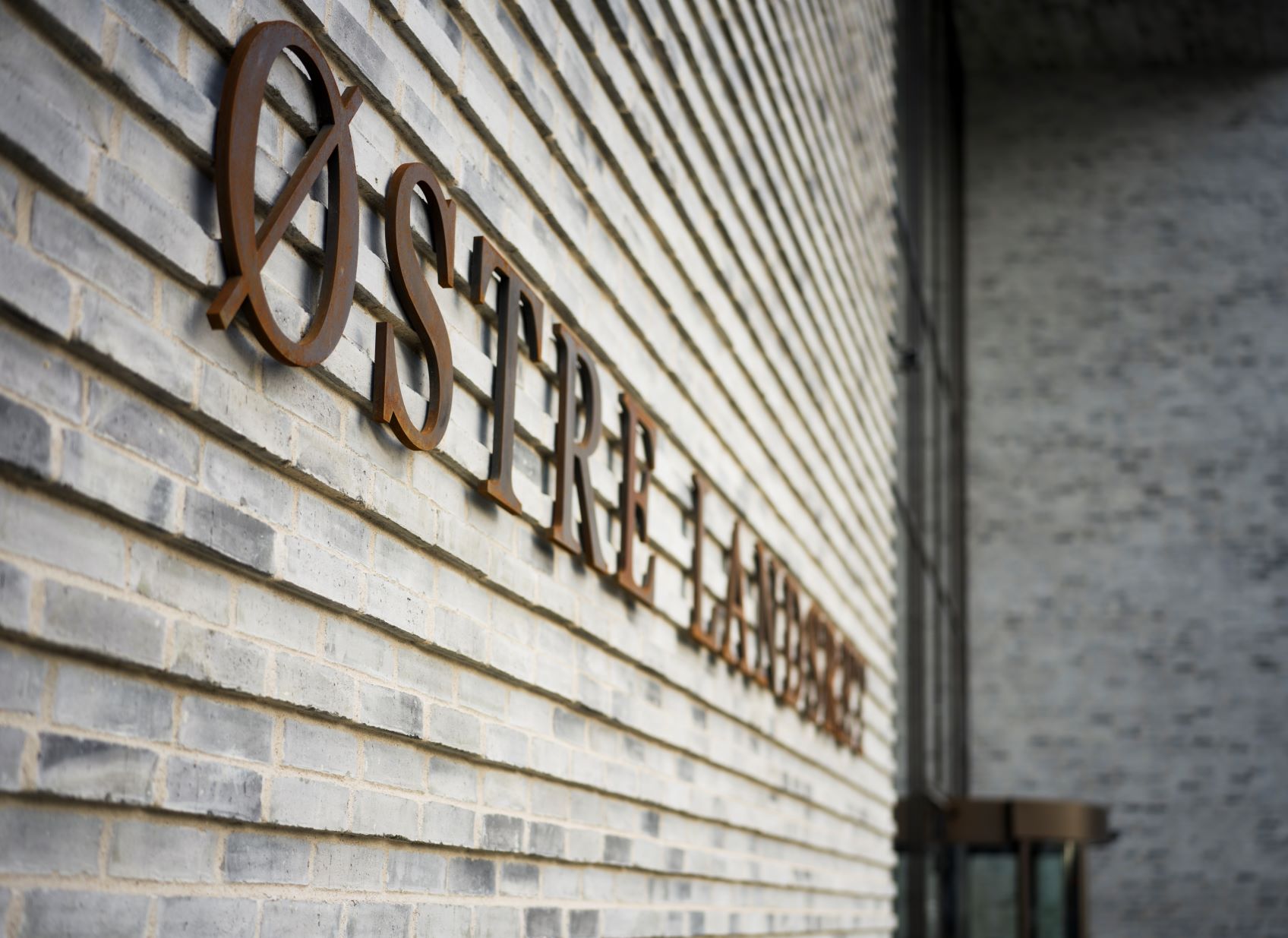New Danish Trademarks Act - what is important?
On 1 January 2019 a new Danish Trademarks Act came into force. The new Trademarks Act introduces a number of important amendments such as a fact-track scheme, altered fee structure and protective measures.
The new Trademarks Act introduces the following important amendments, among others:
The requirement for representation by graphic means is deleted
One important amendment is that it is no longer a requirement for the registration of a trademark that it is can be represented graphically. It should merely be possible to reproduce the trademark in an appropriate manner by using technology that is generally available in order to determine the content of the trademark right clearly and precisely.
This amendment makes it possible, among other things, to reproduce a sound mark by means of an audio file and thus avoid having to present it graphically by notes, as was previously the practice with respect to sound marks. A multimedia mark (a mark combining both sound and picture) may be reproduced by means of an image file.
Changed fee structure
A changed fee structure has also been introduced, and in future an application will merely comprise one class of goods. The basis fee will amount to DKK 2,000. It will be possible to purchase additional classes of goods for an extra fee of DKK 200 for the second class of goods and DKK 600 for additional classes of goods. This amendment adapts the Danish fee structure to the fee structure that relates to applications concerning European trademarks.
The new structure makes it cheaper for trademark applicants if they merely wish to apply for registration of a trademark in one class of goods. However, at the same time it becomes relevant - to an even higher degree than previously - for the trademark applicant to consider for which classes an application for registration is to be made, as registration in several classes will increase costs.
Fast-track scheme and search reports
When reviewing the trademark application, the Danish Patent and Trademarks Agency will prepare a so-called search report identifying any earlier rights that the applicant risks infringing by registration of the trademark.
The new Trademarks Act enables the applicant to obtain, against payment of an extra fee of DKK 700, a detailed search report stating why the Patent and Trademarks Office has found it relevant to call attention to earlier rights. The possibility of obtaining a detailed search report is primarily intended to benefit small and medium-sized companies that may need to reduce the risk of infringement proceedings.
The new Trademarks Act also makes it possible, under special conditions, to deselect the search report by means of a so-called fast-track scheme. This scheme is already known in the EU trademark system. By using the fact-track scheme, faster and more efficient proceedings are obtained that may in particular be requested by experienced users of the trademark system, such as large companies having extensive trademark portfolios.
Renewal
Prior to 1 January 2019 a right holder was to apply for renewal of a trademark no later than ten years from the date when the trademark registration became final. The amendment changes the starting date for the ten-year time limit to the effect that the right owner must apply for renewal of a trademark no later than ten years from the date of the application for the trademark registration.
As for trademarks registered prior to the commencement of the Act (1 January 2019), the starting date for the term of the ten-year time limit is, however, still the date when the trademark registration became final. For subsequent ten-year periods, the time limit for renewal will run from the date of application
Establishment of use-based trademark rights
The amendment specifies the requirements for being able to establish a trademark right by use. It now appears directly from the provision on the establishment of a trademark right by commencement of use that a right may be established if such use applies to more than a particular locality. This is in accordance with the existing practice in the area.
Trademark protection - goods in transit and preparatory acts
In order to strengthen trademark protection the new Trademarks Act includes a provision that, under special circumstances, the right owner can prevent counterfeit goods from third countries coming into transit in the Danish customs territory. However, such goods will have to end up in transit for commercial purposes. With this provision infringing goods can be stopped, even if such goods are merely stored temporarily and are not to be marketed in Denmark.
As an additional safeguard in the fight against counterfeiting, it is now possible for the owners of trademarks to stop unathorised use of their trademarks on packaging, labels, marks etc, irrespective of whether they have not been used yet in connection with goods that are marketed.
Company names
The new Trademarks Act also specifies when company names can prevent registration and use of a trademark.
A company name can prevent registration and use of the trademark when such company name 1) is registered in the Central Danish Business Register, 2) applies to more than a particular locality, 3) is identical or confusingly similar to the trademark, 4) is used for goods or services that are identical to or confusingly similar with those of the trademark, and 5) use of the trademark will unreasonably cause improper exploitation of or damage to the distinctiveness or reputation of the trademark.
- - -
With the new Trademarks Act the Collective Marks Act is also repealed, as the new Trademarks Act comprises the distinctive features that were previously comprised by the Collective Marks Act.
Click her to read the new Trademarks Act (in Danish)







